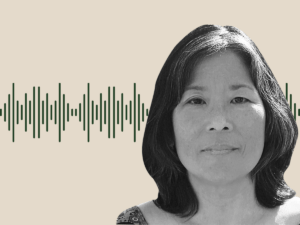
The meaning of ownership is best understood relationally as a bundle of legal and social rights, individual and collective, that stem from but are not determined by the possession of resources.
“Common sense” notions of ownership often lead people astray. It is common to think of ownership as being about possession, period. That is, it’s yours, or it’s mine—or perhaps, it’s ours. But ownership is in fact about social relationships. You cannot own something unless other people recognize your rights of ownership. The rights of ownership can and do vary—across cultures, societies, and periods of time.
The fact that ownership is about social relationships is important to keep in mind when designing community institutions that seek to democratize the economy and advance economic justice. Many of the most creative developments in the solidarity economy—such as community land trusts—are rooted in the conscious reallocation of individual and collective rights.
















